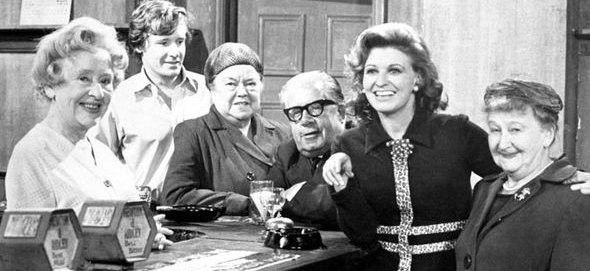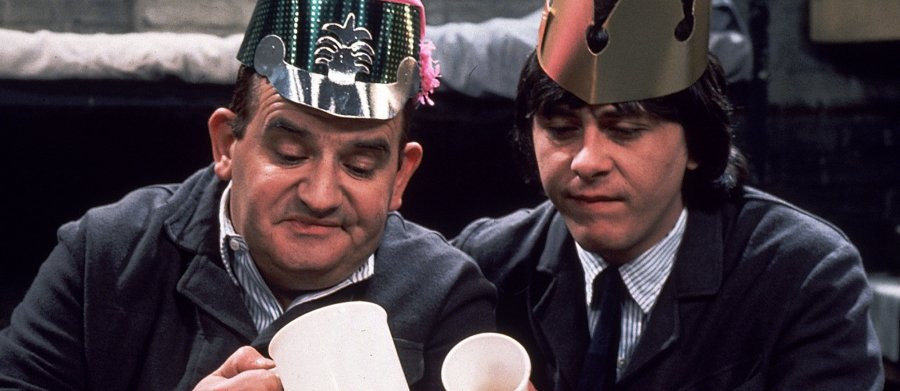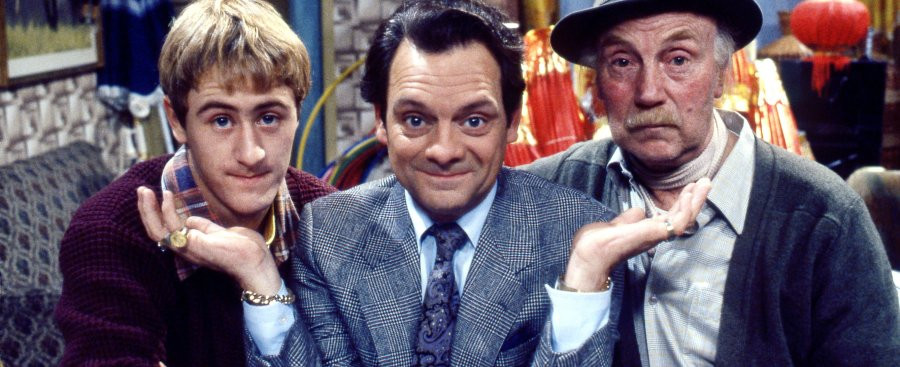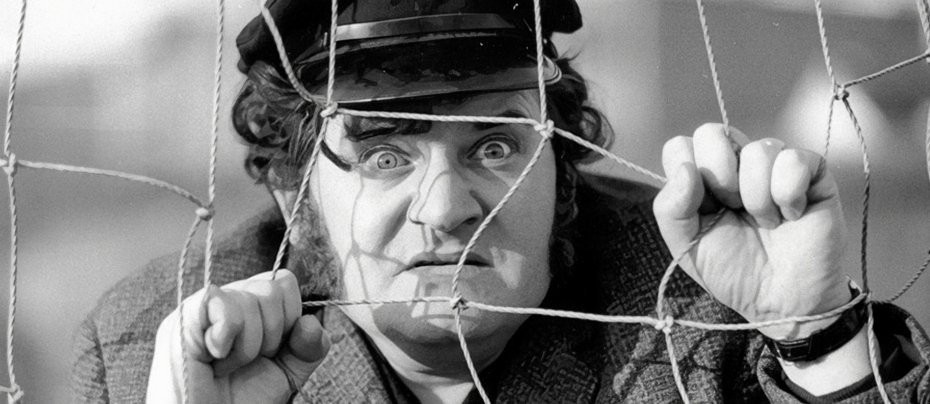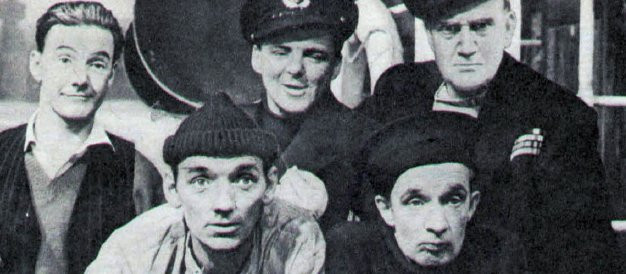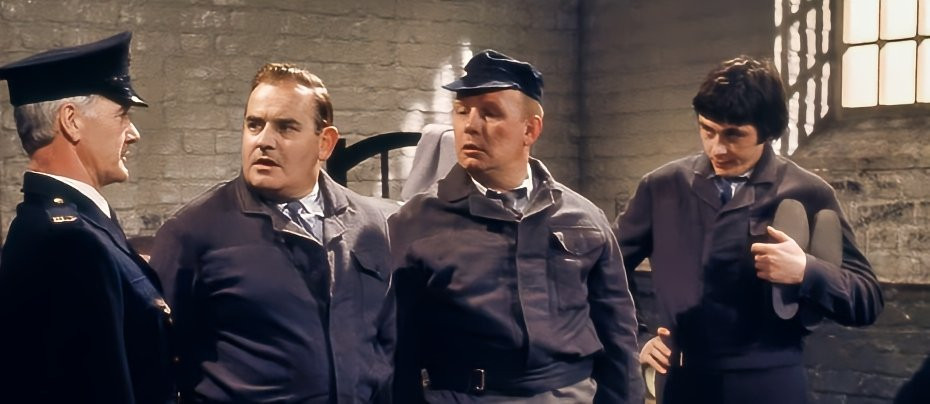
Porridge
1974 - United KingdomOriginally sentenced in 1973 to a one-off stretch under the alias Prisoner and Escort, veteran comic genius Ronnie Barker found himself at the centre of one of the BBC’s most beloved comedic institutions. The concept, first aired as part of the Seven of One anthology series showcasing Barker’s inimitable character acting skills, was the brainchild of the irrepressible writing duo Ian La Frenais and Dick Clement. Recognising the rich potential behind the pilot, the BBC duly handed down a longer sentence in 1974—this time under the now-iconic moniker, Porridge.
What followed was a masterclass in situation comedy set within the unlikely confines of Her Majesty’s Prison Slade. At the heart of the series stood Norman Stanley Fletcher, Barker’s brilliantly observed portrayal of a streetwise, middle-aged habitual offender with a silver tongue and a soft centre. Fletcher wasn’t just biding his time; he was bending the system with wry humour and endless schemes, winning small but satisfying moral victories over his captors and circumstance.
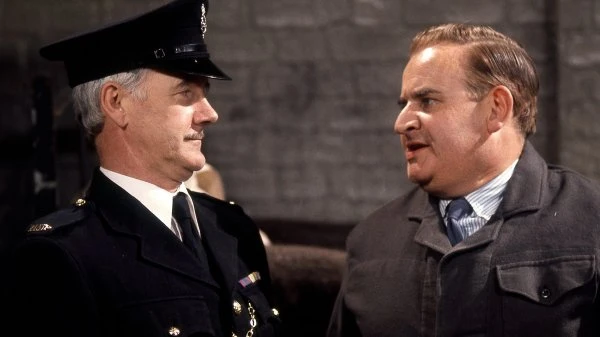
The most frequent recipient of these moral skirmishes was the stern, unyielding Mr. Mackay, played with clipped, militaristic brilliance by Fulton Mackay. The chemistry between Barker and Mackay was nothing short of electric, their verbal jousts crackling with dry wit and layered tension. Mackay’s relentless pursuit of discipline clashed hilariously with Fletcher’s seasoned instinct for subversion, providing much of the show’s narrative propulsion.
Helping, and occasionally hindering, this ongoing battle of wills was a supporting cast of unrivalled comedic calibre. Richard Beckinsale brought warmth and vulnerability to the role of Lenny Godber, Fletcher’s young, wide-eyed cellmate. Their odd-couple relationship formed the emotional heart of the series, with Fletcher adopting a curiously paternal role as he imparted his dubious prison wisdom to the impressionable Godber.
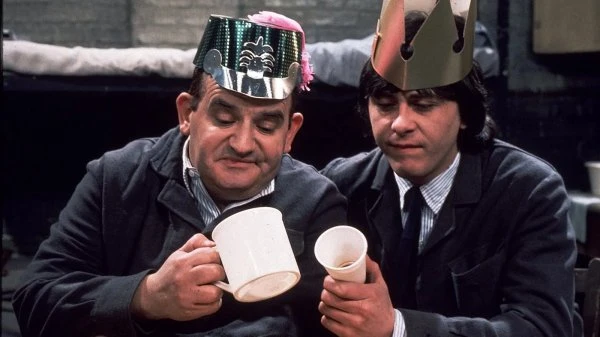
Brian Wilde's turn as the well-meaning but ineffectual Mr. Barrowclough provided a sympathetic counterpoint to Mackay’s martinet routine, while Brian Glover’s magnificently thick Heslop delivered lines of such gloriously daft simplicity — “I read a book once... green it was” — that they remain quoted to this day. Among the other colourful inmates of Porridge, few stood out quite like "Genial" Harry Grout, better known simply as Grouty, a menacing and magnificently deadpan figure played with quiet menace by Peter Vaughan. Though rarely seen, Grouty loomed large over life in Slade Prison, operating a shadowy underworld of favours, threats, and illicit deals from within his cell. His word was law, and even Fletcher tread carefully around him.
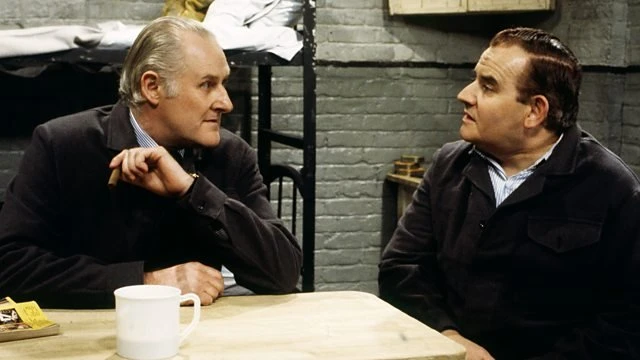
In sharp contrast stood the bumbling Bunny Warren (Sam Kelly), a timid and none-too-bright inmate with a nervous disposition, often serving as comic fodder for Fletcher’s cutting wit. Completing the trio was McLaren, played with convincing volatility by Tony Osoba — a hot-headed, fiercely independent Scotsman with a short fuse. And keen-eyed viewers could spot a heavily made-up David Jason as the aging con Blanco. Barker and Jason had already cemented in their mutual success in Hark at Barker and the pilot of Open All Hours which would soon follow as a full series.
Sadly, like all good sentences, Porridge came to an end in 1977. A brief sequel, Going Straight, aired in 1978 and followed Fletcher’s attempts to adjust to life on the outside. Though warmly received, it lacked the claustrophobic charm and creative tension of the original. A cinematic version in 1979 allowed for one final nostalgic glance behind the gates of Slade, but it was also the swansong. The sudden passing of Richard Beckinsale and Ronnie Barker’s decision to retire from the spotlight closed the cell door on any possibility of further episodes.
Yet Porridge endures. Decades on, Norman Stanley Fletcher continues to serve a life sentence in the hearts of audiences. Barker’s performance remains a gold standard of British television comedy; sharp, humane, subversive and endlessly rewatchable. For all its setting in the grey gloom of a Victorian prison, Porridge was never bleak. It was full of life, laughter, and razor-sharp observation — a testament to the power of comedy to find light in even the darkest of places.
Verdict (2025 perspective):
★★★★★ An all-time classic. Fletcher may have done his time — but the pleasure he gave, and continues to give, is truly without parole.
Seen this show? How do you rate it?
Seen this show? How do you rate it?
Published on January 21st, 2019. Written by Laurence Marcus "I'm only in prison because of my beliefs. I believed the night watchman was asleep." for Television Heaven.




